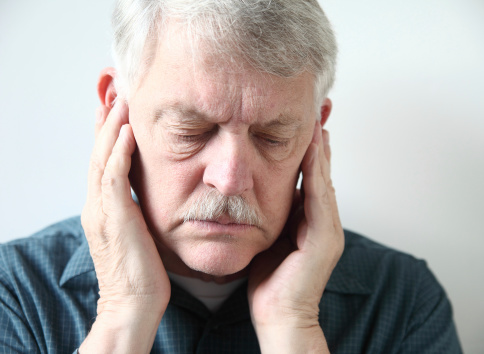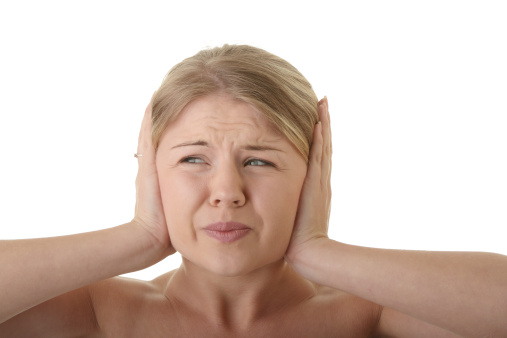Tinnitus treatment by retraining the brain may work to alleviate ringing symptoms: Study
Tinnitus treatment retraining the brain may work to alleviate the ringing symptoms. Professor Michael Merzenich at UB San Francisco, not involved in the study, commented, “This work is the most clearheaded documentation to this point of what’s actually happening in the brain’s cortex in ways that account for the ongoing genesis of sound. As soon ...click here to read more










